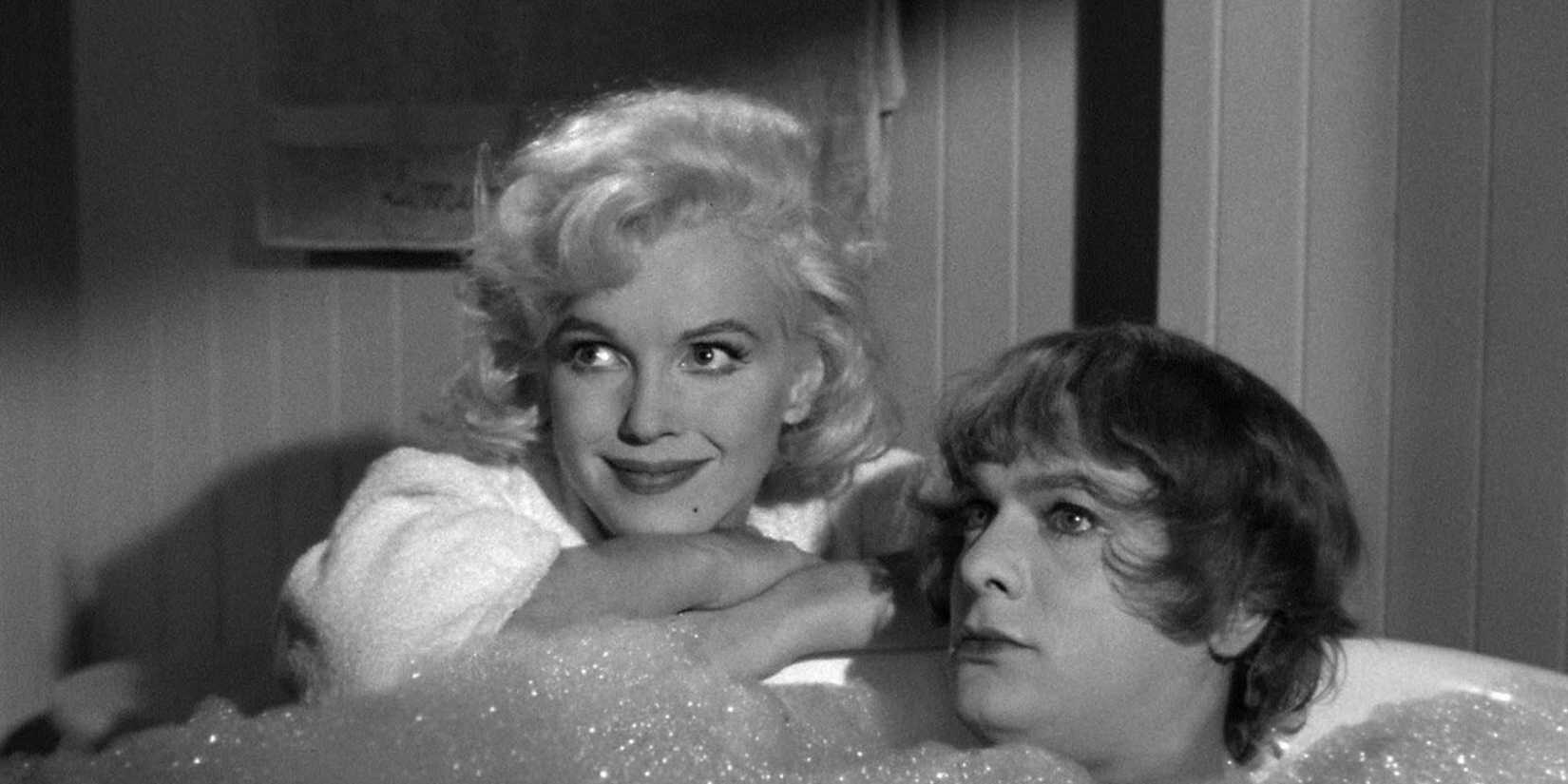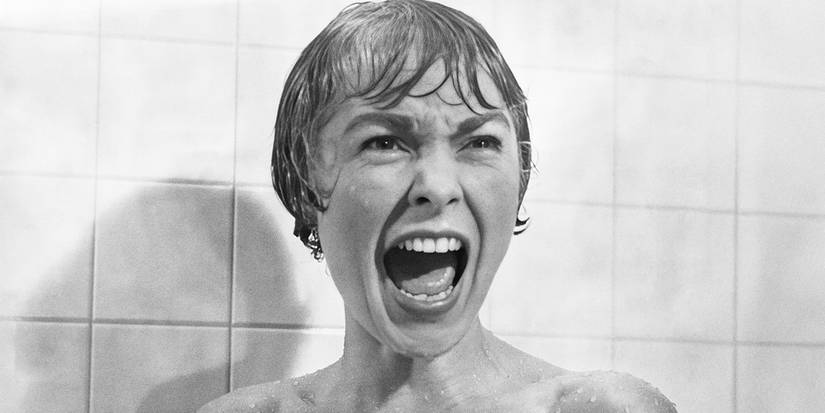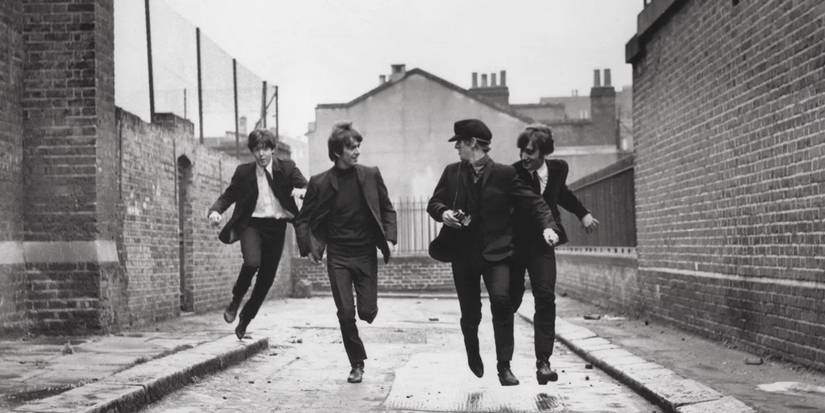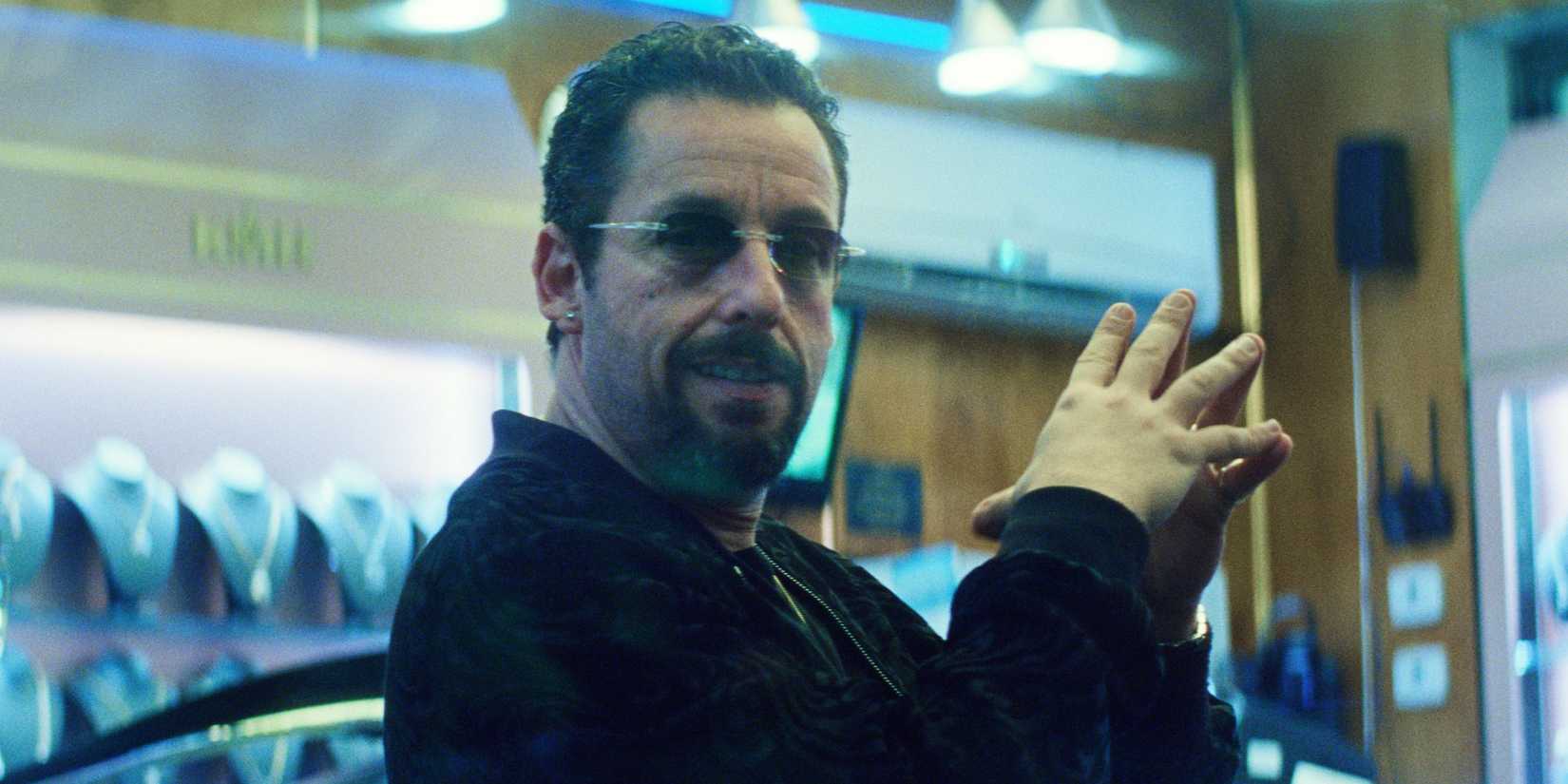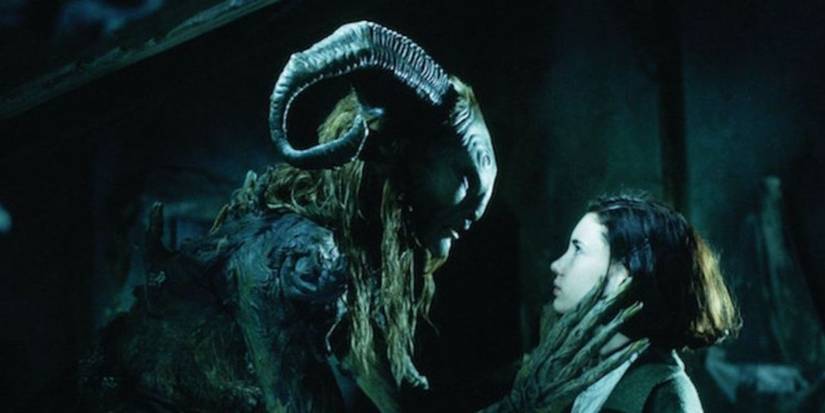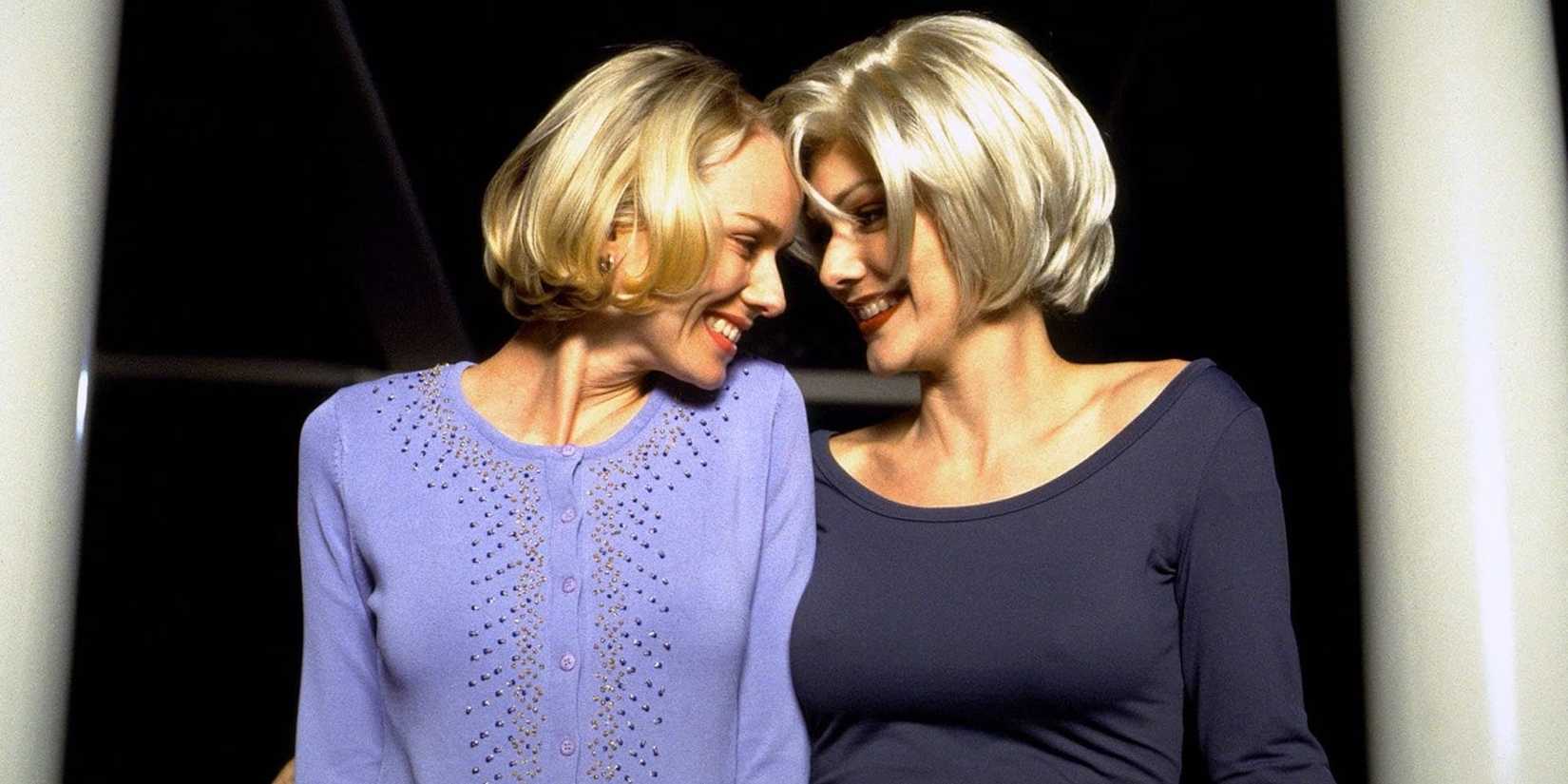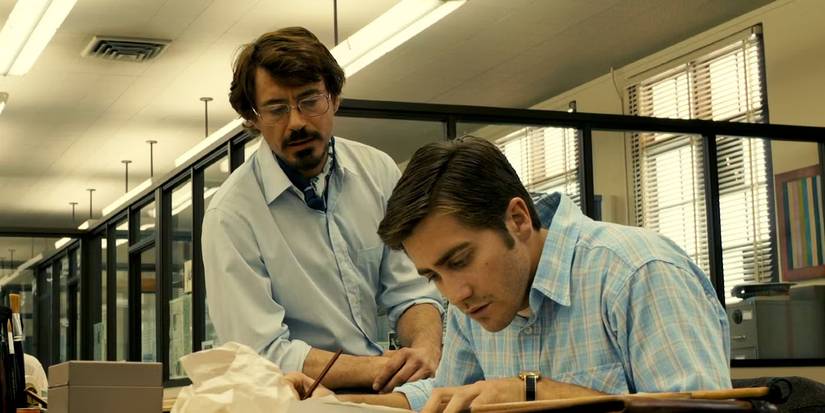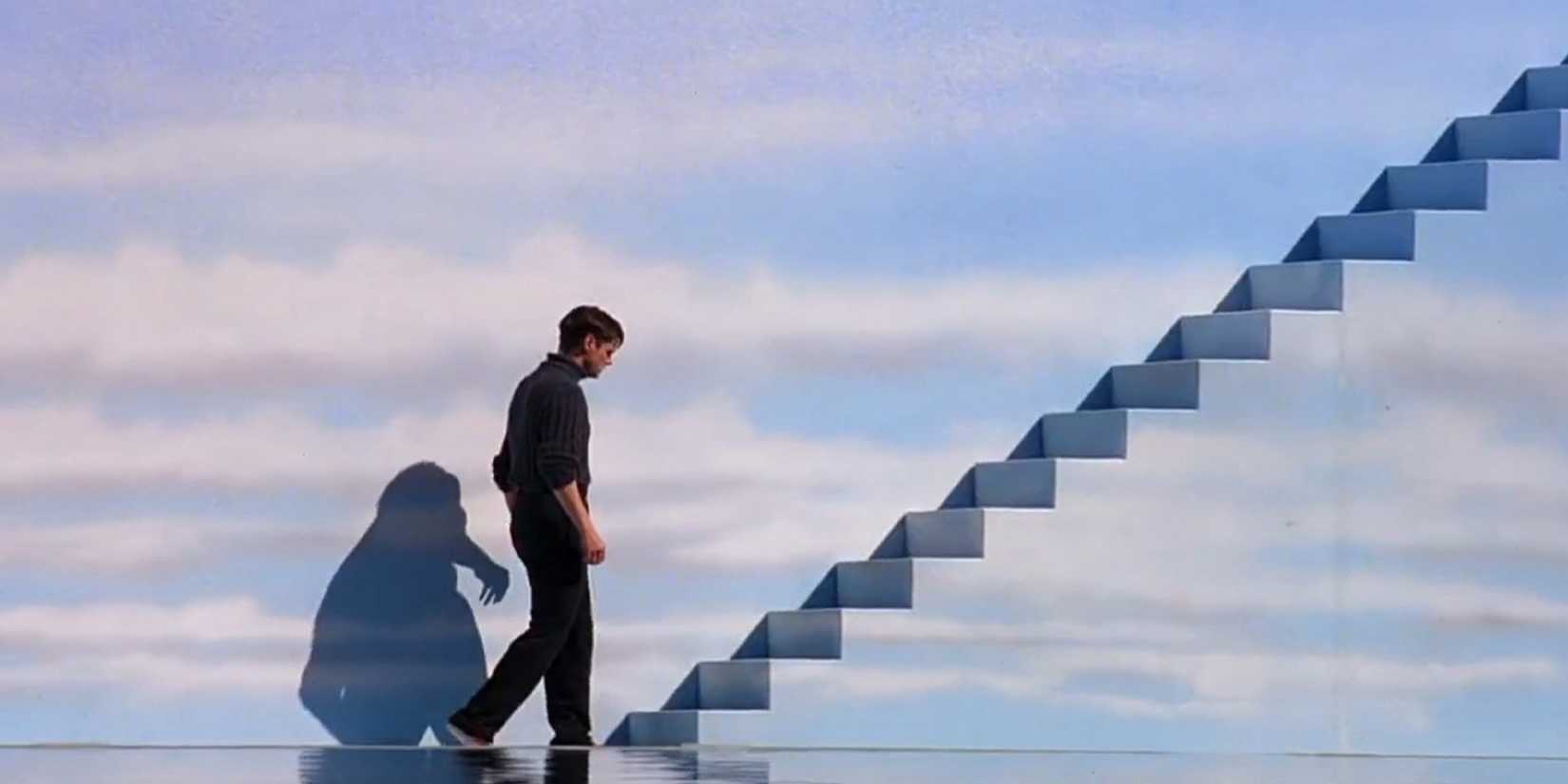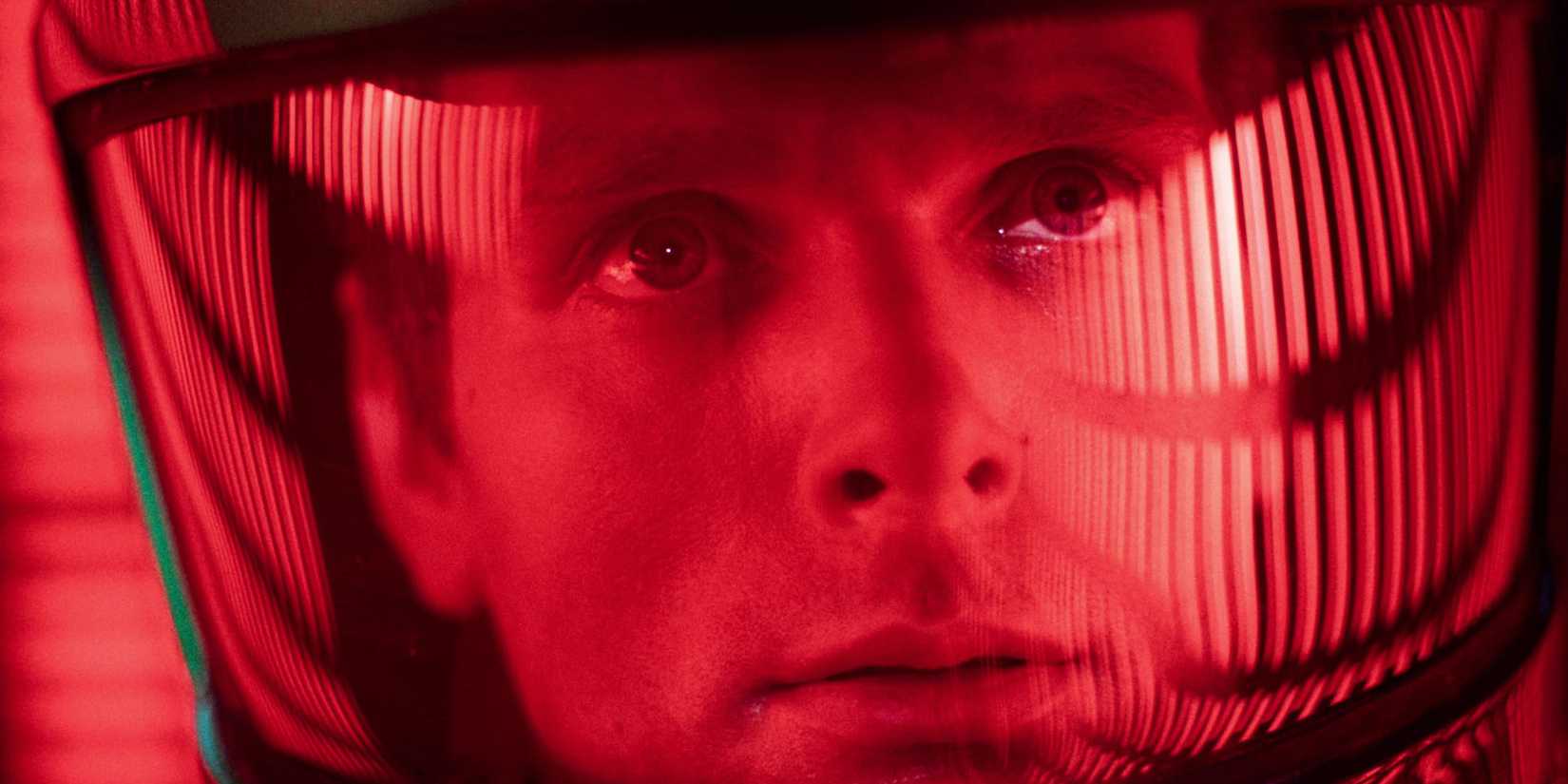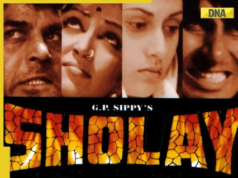The coveted Best Picture Oscar. The award that all major studios have obtained in the past and are desperate to get more in their repertoire. The award that most films released during the year are judged against. If a film is nominated, it is considered a film that achieved everything it set out to do, especially if it wins. Of course, there are arguments about whether a winning film deserves the prize itself, and whether or not some films should have been nominated at all.
But lest we forget, some of the greatest movies ever made did not see so much as a nomination for Best Picture, let alone win it. Films like Psycho, 2001: A Space Odyssey, and A Hard Day’s Night have been lauded by critics, yet went completely unrecognized in the top prize by the Academy. While they may have earned some recognition, with some nominations for many of their production elements, they were cut out of a chance at the top prize. Such films have managed to earn their own strong followings in the years since their release, but they’re always worth another look.
10
‘The Florida Project’ (2017)
One of the first films from Anora director Sean Baker, The Florida Project is another project of his that deals with people living on the outskirts of mainstream society. In this case, we follow Moonee (Brooklyn Kimberly Prince), a precocious 6-year-old girl living with her young single mother Halley (Bria Vinaite), in the Magic Castle, a motel in Kissimmee, Florida, on the outskirts of Walt Disney World. While Moonee and her friends continue to find fun ways to turn their objectively harsh circumstances into an imaginative playground, her mother soon turns to increasingly desperate measures to provide for herself and her kid.
The Florida Project only nabbed a single Oscar nomination for Willem Dafoe’s performance as hotel manager Bobby. It’s honestly a shame, as it’s an extremely unusual kind of coming-of-age story. The child actors are charmingly realistic, the subtextual tragedy of Moonee and Halley’s relationship is devastating, and the final shot makes for a fitting symbolic conclusion to both the fantasy and reality of the film’s setting.
9
‘Some Like It Hot’ (1959)
A gangster comedy from Sunset Boulevard director Billy Wilder, Some Like It Hot is one of Marilyn Monroe’s most iconic films. In 1920s Chicago, struggling musicians Joe (Tony Curtis) and Jerry (Jack Lemmon) accidentally witness a gangster shootout. Desperate to get out of town fast, they disguise themselves as women to hitch a ride with an all-female band. When they head down to Miami, Joe begins to fall for the band’s lead singer, Sugar (Marilyn Monroe), while the sinister gangsters just so happen to follow them there.
Some Like It Hot is a comedy that’s aged remarkably well, considering the time period and central premise in which it was made. Wilder’s signature film noir tension is well-balanced among some of the funniest jokes ever put on film, showing both the humor and danger of the situation in mostly equal measure. It may have missed out on the Best Picture nomination, but it did receive six well-deserved nominations, among which were Best Director for Wilder.
8
‘Psycho’ (1960)
The film that, in essence, invented the slasher sub-genre, Psycho is still regarded as Alfred Hitchcock’s most iconic movie. Marion Crane (Janet Leigh) has just stolen $40,000 from her job and drives to California to pay off her boyfriend Sam’s (John Galvin) debts. After catching suspicion from a police officer and switching cars on the way there, she decides to check into the secluded Bates Motel. After a friendly, if tense, talk with hotel manager Norman Bates (Anthony Perkins), she begins to have second thoughts. And then she decides to take a shower.
Thrilling, intriguing, and boundary-pushing for its era, Psycho managed to gain four Oscar nominations (Best Director, Best Supporting Actress, Best Art Direction & Best Cinematography), but lost out on a nomination for Best Picture. It’s no secret that Psycho received an extremely mixed reaction from critics, who were somewhat perplexed to see Hitchcock undertake what they considered a very small production with a controversial subject matter. Still, it has gone on to become more imitated and influential than most of Hitchock’s other work.
7
‘A Hard Day’s Night’ (1964)
The first of five films made by The Beatles over the course of their career, A Hard Day’s Night is still considered one of the best music films in history. It’s 1964. Beatlemania is at an all-time high. John Lennon, Paul McCartney, George Harrison & Ringo Starr spend 36 hours dealing with hyper-fan girls, continuous interviews, and getting ready for a televised performance. On top of that, today they have to get Paul’s troublemaking grandfather, John (Wilfrid Brambell), under control when they can hardly control themselves.
Even critics who were prepared to give A Hard Day’s Night a harsh review for seemingly being nothing more than a promotional film for the band’s music, expecting something more akin to an Elvis movie, simply could not resist the charm of the Fab Four. For once, the lack of a central story actually works to the film’s benefit, showing the utter chaos, joy, and mischief of Beatlemania at its peak. Wild, wacky, and just plain fun, A Hard Day’s Night is a debut film that’s worthy of the most beloved rock band in history.
6
‘Uncut Gems’ (2019)
The man who brought us Grown Ups and Jack & Jill has more of a dramatic filmography than many have given him credit for, and Uncut Gems may just be his finest performance. Set in 2012, Howard Ratner (Adam Sandler) is a New York jeweler and extreme gambling addict with extremely powerful connections. But even as his precarious habits, complicated relationships with his family and friends, and debtors are coming to tear his life apart, Howard just can’t help himself and keeps putting it all on the line.
Uncut Gems was proclaimed by most critics as one of the best films of 2019, thanks in large part to Sandler’s performance and extremely tense editing style. Thus, many were surprised that while Sandler won numerous awards, the film itself wasn’t nominated for a single Oscar. Regardless of not having an Oscar to its name, Uncut Gems is still a masterfully done thrill ride that does not let up until the devastating final minutes.
5
‘Pan’s Labyrinth’ (2006)
One of Guillermo Del Toro’s defining films, Pan’s Labyrinth is a dark fairy tale that perfectly blends the grim sides of both fantasy and reality. In 1944 Spain, young Ofelia (Ivana Baquero) has moved with her heavily pregnant mother (Ariadna Gill) to a villa owned by her fascistic stepfather (Sergei López). Finding an abandoned labyrinth on the property, a mysterious faun (Doug Jones/Pablo Adán) reveals she is the lost princess of an underground kingdom. While she undergoes a personal quest involving three macabre tasks, the adults living in the villa face their own kinds of monsters.
Pan’s Labyrinth is a fairy tale with a distinctly anti-Disney flair, filled with blood, death, and extremely dark undertones. Simultaneously depicting both a child’s fantasy and a brutal adult world, it advocates that such fantasies are not only necessary for a child to deal with their problems, but are essential to deal with the horrors of reality. It managed to win for Best Art Direction, Makeup, and Cinematography, but it would be a few years before Del Toro would get Best Picture for The Shape of Water.
4
‘Mulholland Drive’ (2001)
Written and directed by surrealist maestro David Lynch, Mulholland Drive is a deeply perplexing Hollywood story. As it begins, it seems to be a story of a relationship between Betty (Naomi Watts), a peppy young woman coming to LA for her big break, and Rita (Laura Herring), a woman with amnesia after a supposed hit was made out on her. It’s already quite unusual, but then the narrative takes a hard left turn in the second half, keeping the lead actresses but having them play separate but not entirely dissimilar characters.
Not unlike several of his other films, Lynch has refused to explain what Mulholland Drive is supposed to represent, leaving audiences, critics, and even the film’s own cast and crew both mesmerized and stumped. This deliberately incomprehensible approach was perhaps the reason it only received a single nomination for Best Director. Thankfully, the reputation of Mulholland Drive has grown considerably since its 2001 release, and it has become one of Lynch’s crowning achievements.
3
‘Zodiac’ (2007)
One of David Fincher’s most popular movies, Zodiac is a different kind of killer thriller. Between the late 60s and early 70s, San Francisco was all abuzz with a mysterious serial killer calling himself the Zodiac. Three men who are absorbed into the manhunt for the Zodiac are political cartoonist Robert Graysmith (Jake Gyllenhaal), reporter Paul Avery (Robert Downey Jr.), and detective David Toschi (Mark Ruffalo). When all parties involved can’t produce any answers, the case begins to drastically affect the lives of these three men.
Rather than glamorizing the Zodiac Killer’s crimes or attempting to tell a fictional origin story, Zodiac wisely keeps itself focused on the people investigating the case and how it impacts them and the general public. Sadly, despite the fact that it went on many critics’ lists of the best films of 2007, it did not get a single Oscar nomination. Thankfully, Zodiac has seen a strong cult following since its release, referenced and parodied by the likes of The Batman and Community.
2
‘The Truman Show’ (1998)
A fascinating mix of sci-fi, comedy, and psychological thriller, The Truman Show is a deceptively sweet experience. Truman Burbank (Jim Carrey) is living his life on Seahaven Island, looking back on his regrets, his loved ones, and his hopes for the future. But when a series of seemingly inexplicable occurrences begin to happen, in which a stage light falls from the sky, a homeless man who looks just like his dead dad appears, and everyone around him seems to be deliberately evading his concerns, he soon catches on that his life may be more unique than he imagined.
The Truman Show was an unusual casting turn for Jim Carrey at the time, and it may be the best of his dramatic work. His likable demeanor as a leading man is used to great effect as he begins to see his sense of reality collapse around him. Much has been written about what the film means, from the rise of mass media to religion to the state of the human condition itself. Whatever you think it means, The Truman Show is one of those films one must see to believe.
1
‘2001: A Space Odyssey’ (1968)
An early masterpiece from Stanley Kubrick, 2001: A Space Odyssey is a sci-fi epic with a narrative that spans several million years. The primary narrative concerns a group of astronauts and scientists traveling to the moon to investigate a mysterious monolith buried beneath the surface. But the mission will be placed in unimaginable jeopardy when the programming of the ship’s computer, HAL 9000 (Douglas Rain), begins to falter.
2001: A Space Odyssey was nominated for four Oscars, winning Best Special Visual Effects for Kubrick, but it did not get a nomination for Best Picture. It was certainly an unusual film for its time, with many critics dismissing it and baffled audience members walking out of its New York premiere. Of course, history has proven 2001’s critics wrong, as it has become one of the most referenced, parodied, and homaged films in history. If nothing else, the fact that the one Oscar Stanley Kubrick got in his entire career came from this film speaks volumes to its quality.
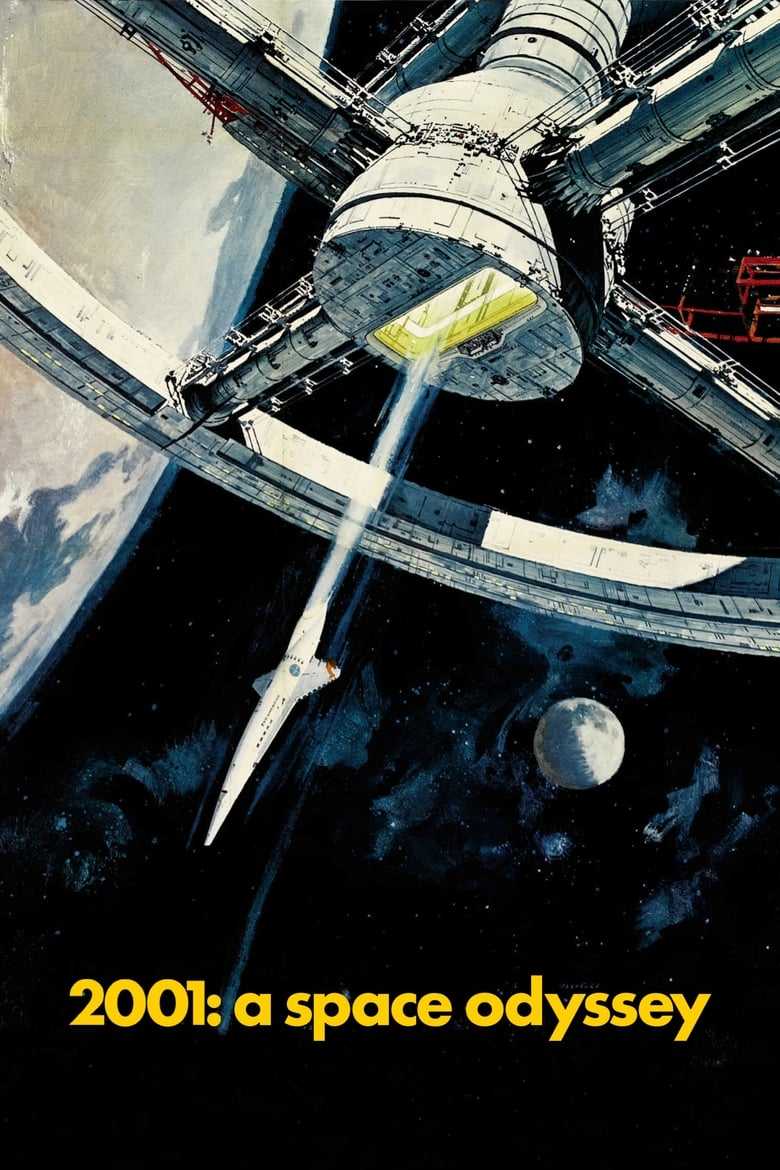
2001: A Space Odyssey
Release Date
April 2, 1968
Runtime
149 minutes
Director
Stanley Kubrick
Writers
Stanley Kubrick, Arthur C. Clarke

Gary Lockwood
Dr. Frank Poole

Keir Dullea
Dr. David Bowman



